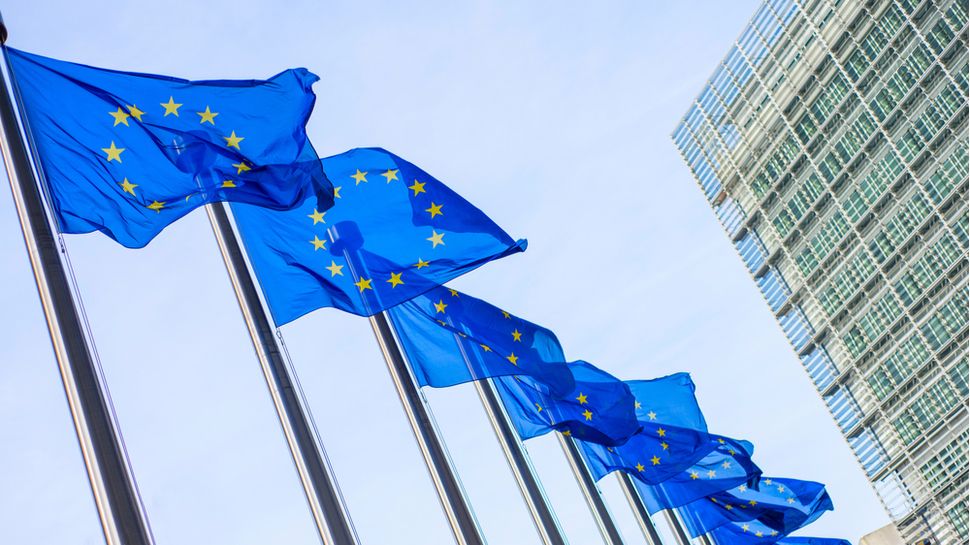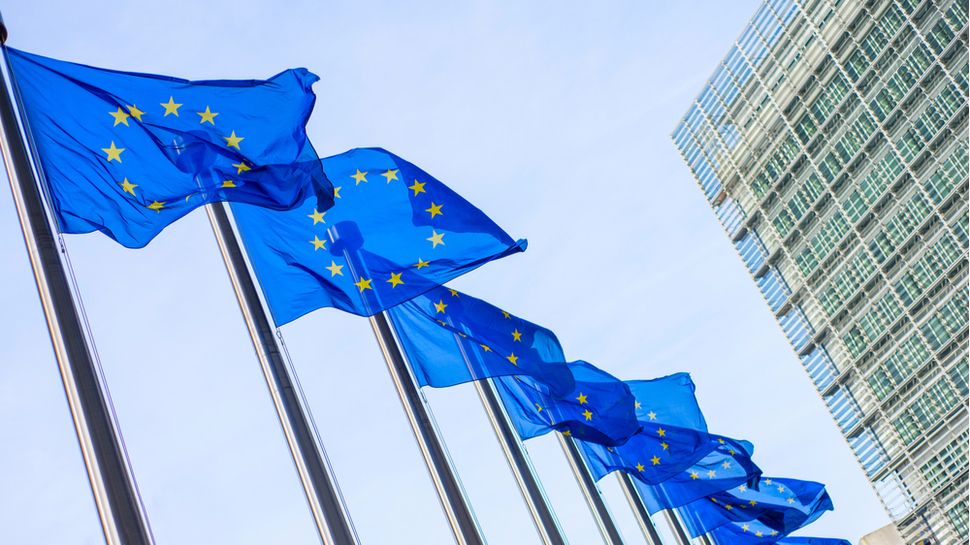
The European Court of Justice has annulled the EU’s decision to block the 2016 merger of Three and O2.
A £10.25 billion deal to combine the two companies had been agreed by parent companies CK Hutchison and Telefonica in a transaction that would have created the UK’s largest mobile operator with 40 per cent of the market.
The two parties had argued that Three and O2 would struggle to compete independently as pure-play operators. EE had been acquired by BT the previous year, while Vodafone was investing in fixed line infrastructure as both pursued converged network strategies.
Three O2 merger
However the EC blocked the deal on the grounds that it would damage competition in the UK market. It argued that in EU member states where the number of major players had been reduced from four to three, prices had risen for consumers.
There were also concerns that there would be reduced incentive to invest in infrastructure as O2 and Vodafone have a network infrastructure sharing joint-venture, as do Three and EE. Finally, the EU feared the wholesale market would suffer, reducing choice for Mobile Virtual Network Operators (MVNOs).
It is worth pointing out that regulator Ofcom had similar concerns and that the deal would still have had to have been approved by the UK Competitions and Markets Authority (CMA). Nonetheless, Three sought an annulment of the decision in order to remove a precedent that could influence any future consolidation in another European market.
The ECJ upheld Three’s appeal stating that the evidence provided by the EC was not sufficient to demonstrate the detriment to competition or the disincentive to invest in infrastructure. It also said that Three’s share of the wholesale market wasn’t sufficient enough at the time to justify its concerns for MVNOs.
“In our appeal, we argued that the Commission’s approach to reviewing the proposed merger, and European telecoms mergers more broadly, was guided by a misconceived default view that European telecoms markets are better served by having a minimum of four Mobile Network Operators in each EU Member State,” said CK Hutchison.
“This approach ignores market realities, the clear evidence of successful market consolidation in Europe and across the world as well as the very significant efficiencies in terms of increased investment, network improvements and consumer benefits that can be achieved from mobile mergers.
“The Commission’s approach has unfortunately acted as a brake on, or in a number of cases prevented, vital industry consolidation in Europe which would have resulted in significant new investment, innovation and benefits for European consumers and industry. Following the Court’s findings, the Commission will need to fundamentally revisit its approach to merger reviews in this key sector.”
In the immediate aftermath of the failed merger, both Three and O2 pursued independent network strategies and pressed ahead with their respective 5G strategies. O2 is now merging with Virgin Media to create a UK communications giant worth £31 billion.
